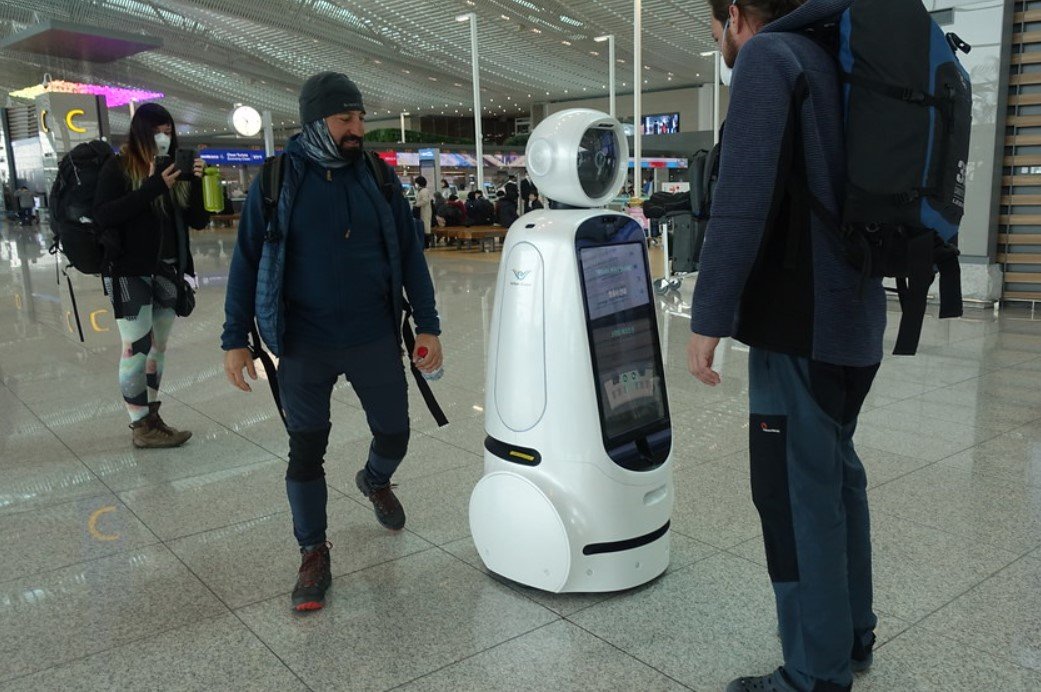Airports around the world are adopting artificial intelligence (AI) technology to reduce delays, increase efficiency, and save costs. AI is being used for various purposes, such as traffic management, gate allocation, and baggage handling. Here are some examples of how airports are using AI to enhance their operations and services.
AI for traffic management: London Heathrow and Amsterdam Schiphol
London Heathrow and Amsterdam Schiphol are two of the busiest airports in Europe, and they often face challenges due to low cloud cover that reduces visibility from their air traffic control towers. To overcome this problem, they are testing a new AI system that uses ultra-high-definition cameras, advanced identification AI, and machine-learning technology to assist human controllers when weather conditions impair their vision.
The AI system can identify and track the movements of aircraft, vehicles, and other objects on the ground and in the air, and display them on a screen in the tower. The system can also alert the controllers of any potential hazards or conflicts, and suggest optimal solutions. The system is expected to help the airports recover the capacity lost due to low visibility, and to improve safety and efficiency.

AI for gate allocation: American Airlines and other U.S. carriers
Many airports and airlines in the United States are using AI technology to assign boarding gates to aircraft, preventing them from having to cross from one side of a vast airport to another, thus reducing delays and fuel consumption. The AI technology analyzes various factors, such as flight schedules, passenger connections, gate availability, and maintenance requirements, and assigns the optimal gate for each flight.
American Airlines is one of the leading users of this technology, and has introduced it to several of its hubs, such as Dallas, Charlotte, Miami, Washington, and Chicago. The airline has reported positive results, with an average saving of two minutes of taxi time per flight, or 11 hours per day. The technology also improved the experience for passengers, as they saw 50% fewer gate changes and fewer delays.
AI for baggage handling: Dubai International and other airports
Baggage handling is one of the most complex and costly processes in airport operations, and it often causes frustration and inconvenience for passengers and airlines. To improve this process, some airports are using AI technology to automate and optimize the sorting, scanning, and loading of baggage. The AI technology can identify and track each bag, and ensure that it reaches the right destination.
Dubai International, the world’s busiest airport for international passengers, is one of the pioneers of this technology, and has installed a state-of-the-art baggage handling system that uses AI and robotics. The system can handle up to 120,000 bags per day, and can sort them according to their size, weight, and flight number. The system can also detect and remove any suspicious or prohibited items, and alert the security staff.








